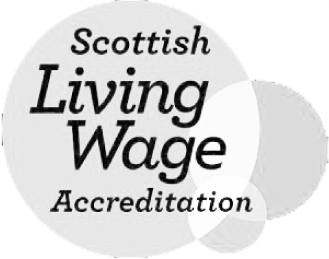Here, we take a look at some top tips you can follow to make a difference at home and on the move!
Energy
- Switching off appliances and avoiding standby can save you £40 per year, and also 50kg of carbon.
- Line drying your clothes in summer instead of using a tumble dryer can save you £40 per year, and 50kg of carbon.
- Replacing your lights with LED lights could save you £35 a year, and 40kg of carbon.
- Avoid overfilling the kettle and save yourself £8 a year on your electricity bill.
- Switching to a 30-degree wash can save you £10 a year, and 12kg of carbon.
- Spending one minute less in the shower can save you £20 per person per year, if a family of four all cut one minute off their shower time, they could save 16,000 litres of water.
- Water tanks and pipes lose heat quickly, so insulating them will keep them hotter for longer, saving you money and reducing the energy you use.
- Draught-proof your windows and doors to keep heat in the home.
- An inexpensive way to direct the heat back into your home is to invest in reflective radiator panels.
- Avoid drying clothes directly on your radiators as it lowers the room temperature, which means the boiler will need to work harder.
- Understand your energy bill. The information on a typical energy bill can be confusing, but understanding it can go a long way to helping you get to grips with your energy use at home. This video from Home Energy Scotland is a helpful guide.
Travel
- Improve your health and happiness – walking regularly can reduce the risk of heart disease by 35%, while active travel helps manage stress and weight.
- E-bikes and e-cargo bikes are ideal for anyone who might find cycling physically challenging – e-bikes are 22% less physically demanding than regular bikes, but still allows the rider to be active.
- Cycling builds muscle and is linked to improved heart and lung capacity.
- Inflate your car tyres – this lowers resistance on the road and saves on fuel.
Food Waste
- Check your cupboards for food to avoid over buying.
- Put lids on pots and pans to reduce cooking times.
- Keep a keen eye on your food’s date labels to avoid wasting food.
- Make better use of your freezer – a full freezer is more efficient to run than an empty one.
- Know what you can and cannot freeze.
- Make a meal plan – and stick to it!
Waste
- Cut down your plastic waste and use reusable straws, and reusable bottles.
- Learn the rules of recycling.
- Repurpose jars and containers.











